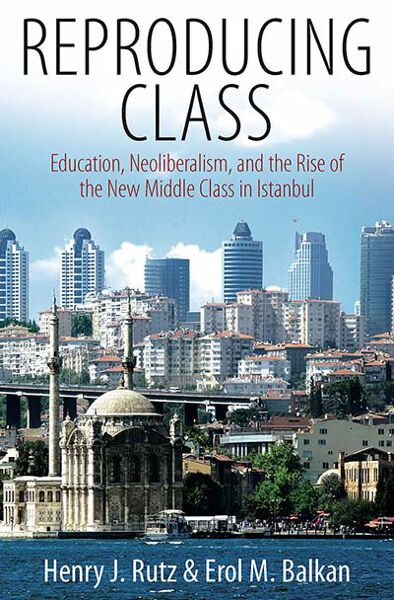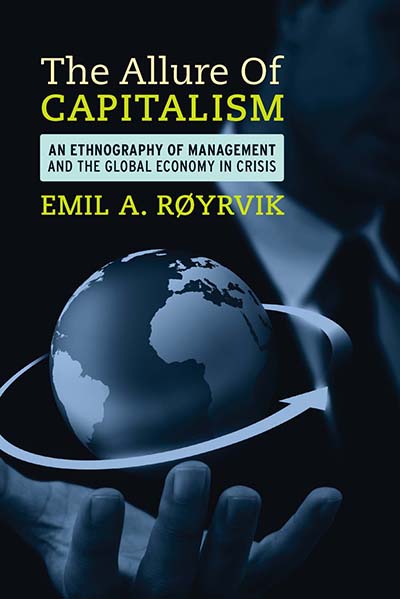
Email Newsletters
Sign up for our email newsletters to get customized updates on new Berghahn publications.
Reproducing Class
Education, Neoliberalism, and the Rise of the New Middle Class in Istanbul
Henry J. Rutz and Erol M. Balkan
156 pages, bibliog., index
ISBN 978-1-84545-562-0 $135.00/£104.00 / Hb / Published (February 2009)
ISBN 978-1-84545-780-8 $29.95/£23.95 / Pb / Published (June 2010)
eISBN 978-1-80758-481-8 eBook
Reviews
“…a novel and important contribution to the study of neoliberal transformations that Turkey has been experiencing in the last three decades. Building on the existing…Rutz and Balkan investigate the hitherto little explored education system as a field in which the middle class formation, reproduction and polarization take place…[and] demonstrate that the educational hierarchies are not only reflective but also constitutive of class inequalities, and any genuine debate over education reform in Turkey should address the detrimental consequences of the three decades of neoliberal policies that have created an exclusionary and test-obsessed education system" · Review of Middle East Studies
“...a fresh and an important contribution …this book presents an ethnographically rich and conceptually strong account of recent transformations in the educational field and their implications for class relations in Turkey.” · Middle East Journal
“…the book critically draws attention to a number of key issues that are often taken for granted in the literature on neoliberalism…Co-written by an economist and an anthropologist, Reproducing Classis a refreshing attempt to integrate the analytical perspectives of macroeconomics with the ethnographic traditions of anthropology.” · JRAI
Description
Middle classes are by definition ambiguous, raising all sorts of paradoxical questions, perceived and real, about their power and place relative to those above and below them in a class-structured society. Focusing on families of the new middle class in Istanbul, the authors of this study address questions about the social construction of middle-class reality in the context of the rapid changes that have come about through recent economic growth in global markets and the global diffusion of information technology. After 1980, Turkey saw a structural transformation from state-owned and managed industry, banking, and media and communications to privatization and open markets. The idea of being middle class and the reality of middle-class practices became open for negotiation and interpretation. This study therefore offers a particularly interesting case study of an emergent global phenomenon known as the transnational middle class, characterized by their location of work in globalizing cities, development of transnational social networks, sumptuary consumption habits, and residences in gated communities. As the authors show, this new middle class associates quality education, followed by property and lifestyle issues, with the concept of a comfortable life.
Henry Rutz was Emeritus Professor of Anthropology at Hamilton College. He was editor of The Politics of Time and co-editor of The Social Economy of Consumption. His articles on nation-making, time and culture, consumption and economic change appear in American Ethnologist, Comparative Studies in Society and History, the Encyclopedia of Time, and as chapters in numerous books.
Erol M. Balkan is Professor of Economics at Hamilton College and Visiting Scholar at Sabanci University in Istanbul, Turkey. He is the author of International Bank Lending and Country Risk, and numerous articles that have appeared in Applied Economics, Journal of Macroeconomics, Public Choice and Public Finance Quarterly. His research interests are globalization, and political economy of the Middle East. He is currently working on the rise of Islamic middle class in Turkey.

